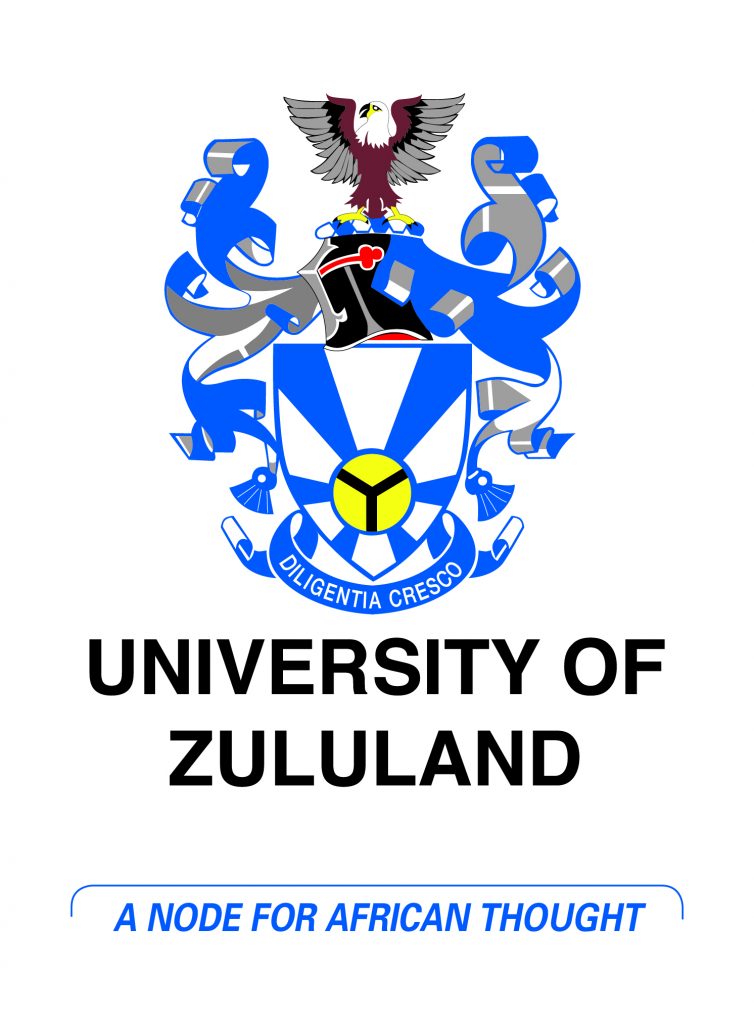Original Research
Generic structure potential analysis of Christian street evangelism in Southwestern Nigeria
Inkanyiso | Vol 12, No 2 | a39 |
DOI: https://doi.org/10.4102/ink.v12i2.39
| © 2023 Michael T. Ajayi
| This work is licensed under CC Attribution 4.0
Submitted: 24 January 2023 | Published: 30 November 2020
Submitted: 24 January 2023 | Published: 30 November 2020
About the author(s)
Michael T. Ajayi, Department of Linguistics and African Languages, University of Ibadan, Ibadan, NigeriaFull Text:
PDF (250KB)Abstract
Christian street evangelism is one of the Bible-based doctrinal practices found among Nigerian Christians, especially in Southwestern Nigeria. Studies have examined language use in Christian activities, including sermons in church services, at funerals and in marriage ceremonies. However, no scholarly attention has been paid to a linguistic description of language use in Christian street evangelism, which, although sit hares some features with other contexts of Christian activities, manifests some elements that characteristically define it within the series of Christian evangelistic activities. This study, therefore, is a generic structural potential analysis of Christian street evangelism in Southwestern Nigeria. Data were gathered using ethnographic techniques. Data comprised fifteen observed street evangelism activities randomly sampled in different cities in Southwestern Nigeria. Data were subjected to discourse analysis within the purview of Halliday and Hassan’s (1985) Generic Structure Potential (GSP) theory. Findings reveal Christian street evangelism features five obligatory elements: songs, greetings, sermon, prayer and finis; and three optional elements: declaration of purpose, call for confession, and welcome to the fold.
Keywords
Christian street evangelism; Southwestern Nigeria; Generic Structure Potential
Metrics
Total abstract views: 653Total article views: 242
Crossref Citations
1. “Kejetia Preaching”: An Analysis of Contemporary Phenomena of Street Preaching in Kumasi, Ghana
Isaac Boaheng, Clement Amoako, Samuel Boahen
E-Journal of Humanities, Arts and Social Sciences first page: 13 year: 2024
doi: 10.38159/ehass.2024512
